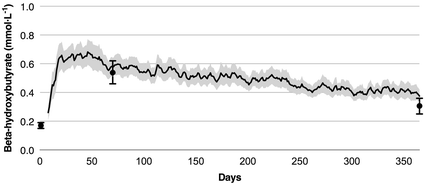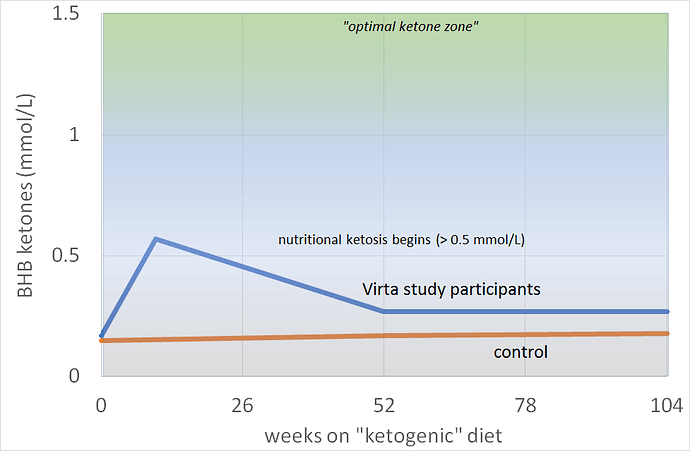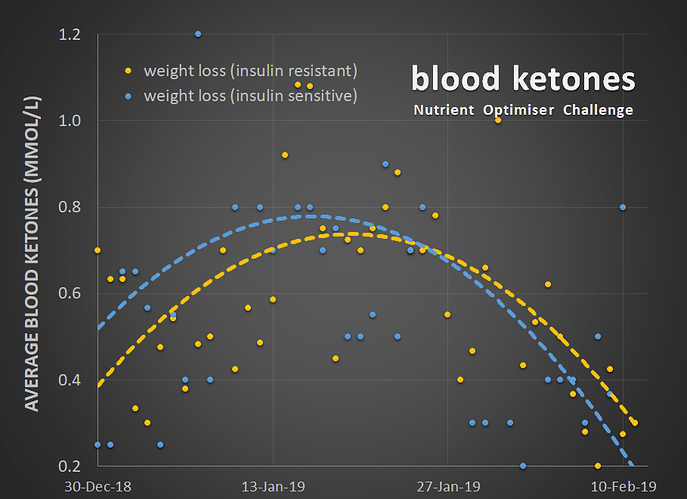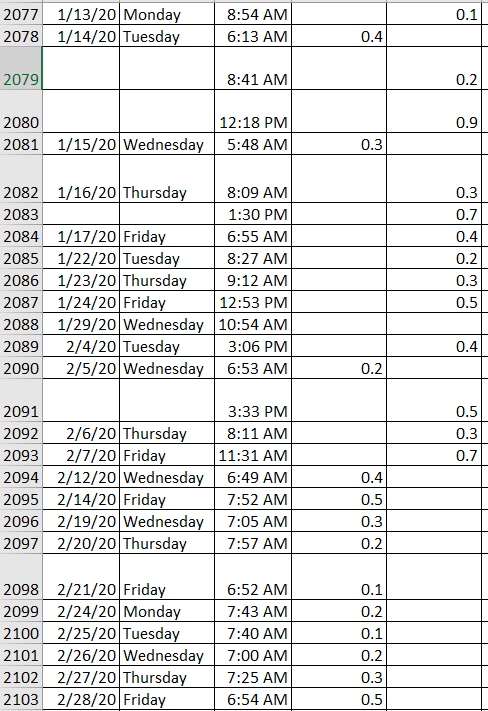Heya, I’m really hoping someone might be able to help with my ketone blood ratings which I’m quite concerned about. To start off I’ve been eating keto for over 12 months and know the diet well. It was never for weight loss but for all the benefits that come from the nutritional ketosis range (generally 1.5-3 reading). I’ve used ketostix before and they have always come back as a dark reading. I know how inaccurate they can be though and have not used one for maybe 3 months now.
I finally bought a Freestyle blood ketone monitor and was mortified to see how low they were. Here in Australia the strips are very cheap compared to USA so the cost is nothing for me to worry about.
This week I’ve been paying extra attention to diet and have been averaging at 120g protein / 220g fat / 30g carbs per day. I remember I was having around 40g carbs per day when getting dark ketostix ratings. One month ago I started intermittent fasting and now only eat 3 meals between 1pm-9pm if this might have any affect?
Here is a run down of my most recent results:
YESTERDAY
7am - Wake up - Ketone 0.1
1pm - After 16 hour fast - Glucose 76 Ketone 0.6
3pm - 2 hours after 1st meal - Glucose 76 Ketone 0.3
5pm - 20 minutes post heavy weights - Glucose 70 Ketone 0.3
10pm - 1 hour after last meal - Glucose 88 Ketone 0.5
TODAY
1pm - After 16 hour fast - Glucose 76 Ketone 0.4 (just tested now)
Does anyone know why my readings could be so low? From yesterday, I can’t understand how it could be 0.1 lower after not eating for 16 hours.
Any help would be amazing! 





